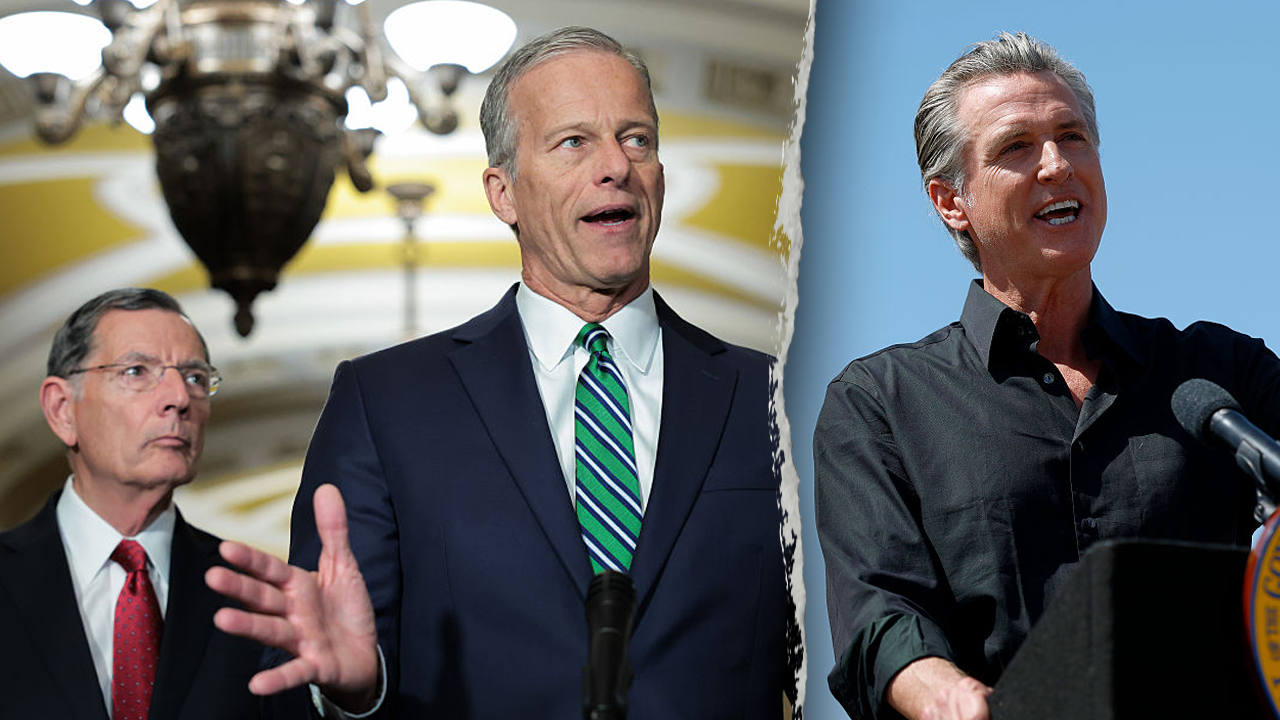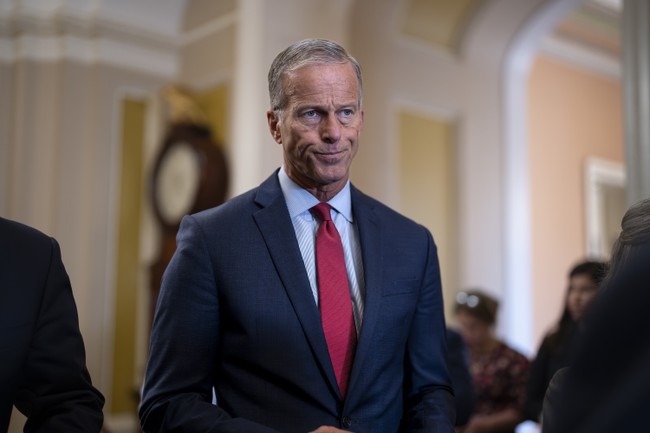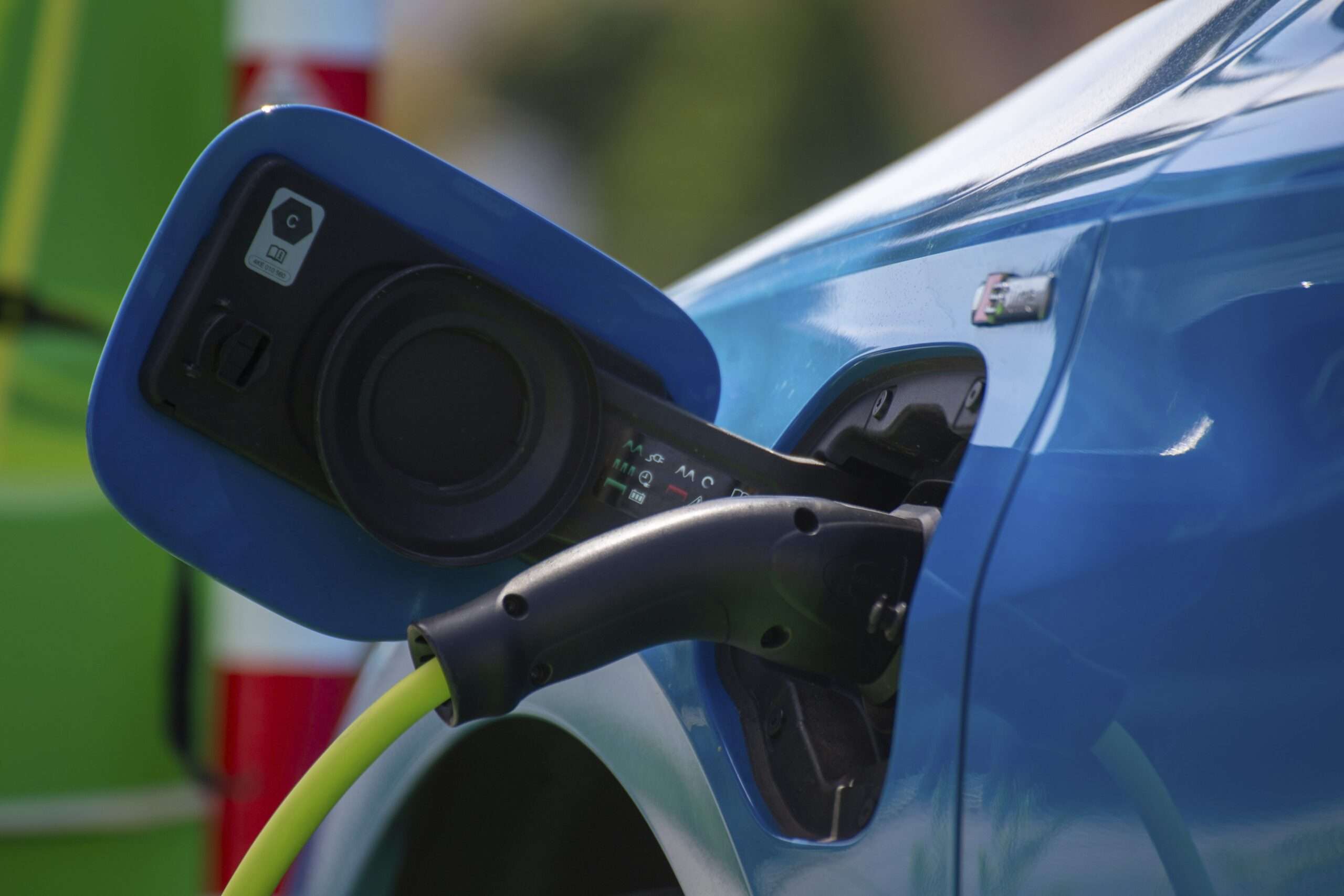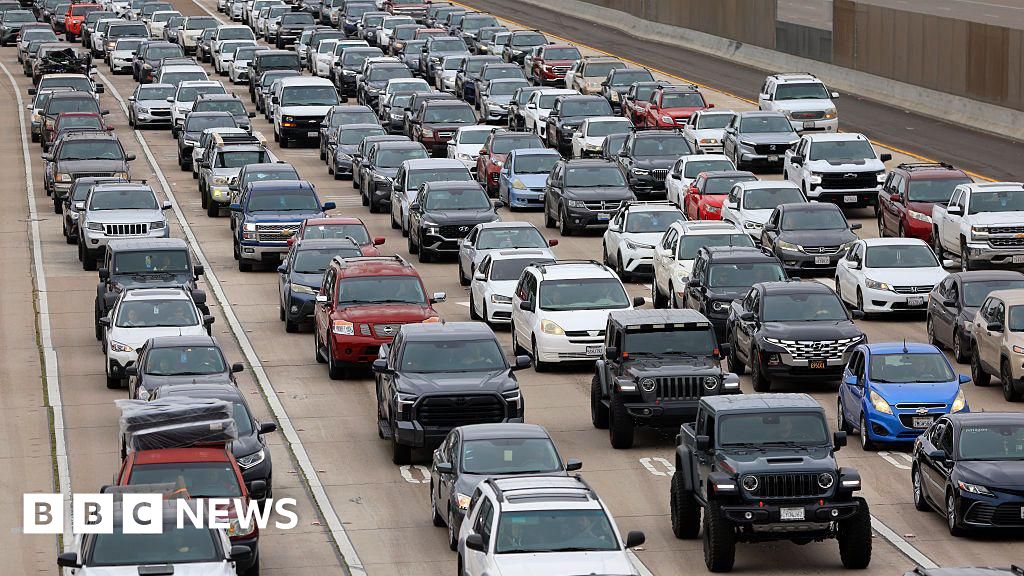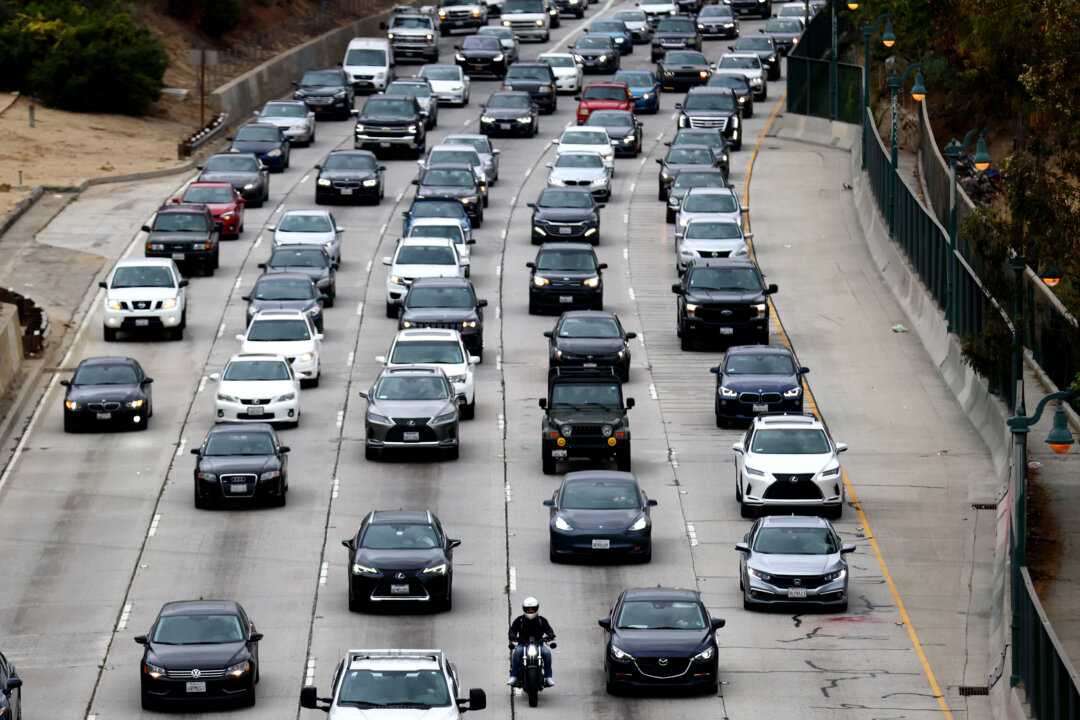California Prepares Legal Challenge After Senate Overturns Emissions Waiver
California plans to sue the federal government after the Senate's vote to revoke its emissions standards waiver, impacting zero-emission vehicle mandates.
Subscribe to unlock this story
We really don't like cutting you off, but you've reached your monthly limit. At just $5/month, subscriptions are how we keep this project going. Start your free 7-day trial today!
Get StartedHave an account? Sign in
Overview
In a controversial 51-44 vote, the Senate overturned California's waiver for stricter vehicle emissions standards, including a ban on new gas-powered cars by 2035. California Attorney General Rob Bonta announced plans to sue the federal government, arguing the Congressional Review Act was misapplied. This decision, supported by Republicans, undermines California's long-standing authority to set its own air pollution standards, which has been in place for nearly 60 years. The outcome could affect vehicle emissions policies nationwide, as 16 other states follow California's lead. Environmental groups have condemned the vote, emphasizing its potential harm to public health.
Report issue

Read both sides in 5 minutes each day
Analysis
- The article expresses frustration over California's legal battle against the federal government's emissions standards decision.
- It emphasizes California's commitment to uphold its environmental policies despite federal opposition.
- The tone reflects concern about the impact of federal actions on state rights and environmental protection.
Articles (15)
Center (7)
FAQ
California intends to argue that the Senate misapplied the Congressional Review Act, which Congress uses to overturn federal agency regulations, and that the original waiver did not qualify for reversal under this act because it was not a new federal rule but a state-level allowance under federal law. The state will assert its long-standing authority to set stricter emissions standards.
The Senate’s decision could impact 16 or 17 other states, as these states follow California’s stricter vehicle emissions standards. Reports indicate that the number may be as high as 17, including states like Oregon and others in the coalition that adopted the California rules.
The waiver allowed California and other states to enforce stricter vehicle emissions standards than federal requirements, including mandates for zero-emission vehicles and a ban on new gasoline-only car sales by 2035. This authority, in place for nearly 60 years, has been a cornerstone of California’s efforts to combat air pollution.
Senate Republicans argued that the Biden-era waiver was a federal action subject to the Congressional Review Act, which allows Congress to overturn agency rules with a simple majority. However, the Government Accountability Office and Senate Parliamentarian found that the waiver did not qualify as a federal rule, sparking controversy over procedural legitimacy.
Overturning California’s emissions standards is expected to slow progress toward cleaner air, reduce incentives for automakers to produce zero-emission vehicles, and potentially increase air pollution and greenhouse gas emissions. Environmental groups warn this could harm public health, particularly in regions already suffering from poor air quality.
History
- 5M

 4 articles
4 articles
- 5M

 5 articles
5 articles

